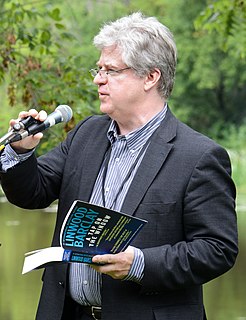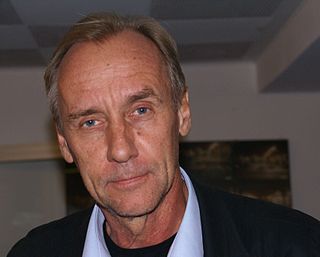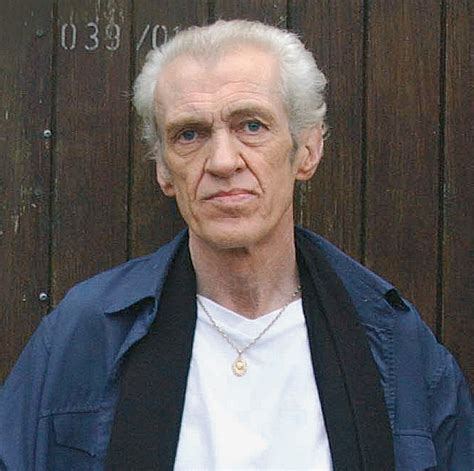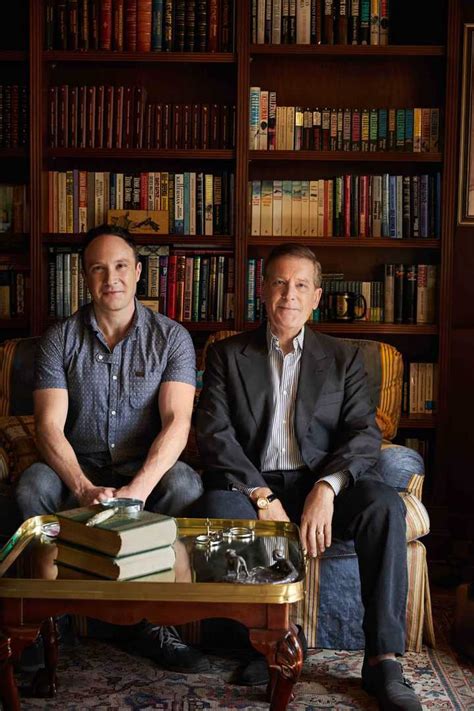A Quote by Linwood Barclay
When I was in my early 20s, my dream was to write mystery novels. I wanted to do what my favourite crime writer, Ross Macdonald, did - crank out a book a year. The only problem - and it was a considerable one - was that I stank.
Related Quotes
I review novels to make money, because it is easier for a sluggard to write an article a fortnight than a book a year, because the writer is soothed by the opiate of action, the crank by posing as a good journalist, and having an air hole. I dislike it. I do it and I am always resolving to give it up.
When I look at Perfidia, I think, "That's a Pulitzer Prize winner. That's a National Book Award winner." It's not going to get it. It's going to be shelved in crime and it's just the way it is. I've done something that no one else has ever done; I've started out as a mystery writer, a police writer, and a crime writer, and I became something entirely different.
'Presumed Innocent' was written over a six to seven year period with intervals in between where I was figuring out the end of the book and writing other stuff... My life as a writer was carried on against the odds. I had written four unpublished novels by then... as a writer of fiction, I hadn't gotten very far. I just wanted to do it.
When I was 40, I wrote my first book, The Pilgrimage, and I said to myself, "why did it take so long for me to write this book?" Because my dream, since I was 10 years old, was to be a writer. I said, I have to revisit my life using a metaphor, and the metaphor was basically this boy that has a dream and has to go far away to realize that his dream is close to him.
Crime novels have a clear beginning, middle, and end: a mystery, its investigation, and its resolution. The reader expects events to play out logically and efficiently, and these expectations force the writer to spend a good deal of time working on macrostructure rather than prettifying individual sentences.
I wrote seven Myron Bolitar novels in a row, and I never want to write a Myron book where he just solves a crime. Every one of them I want to be personal, and I want him to grow and change. The problem with that is, it makes the series limited, you can't write a series where a guy is always going through some kind of crisis.





































